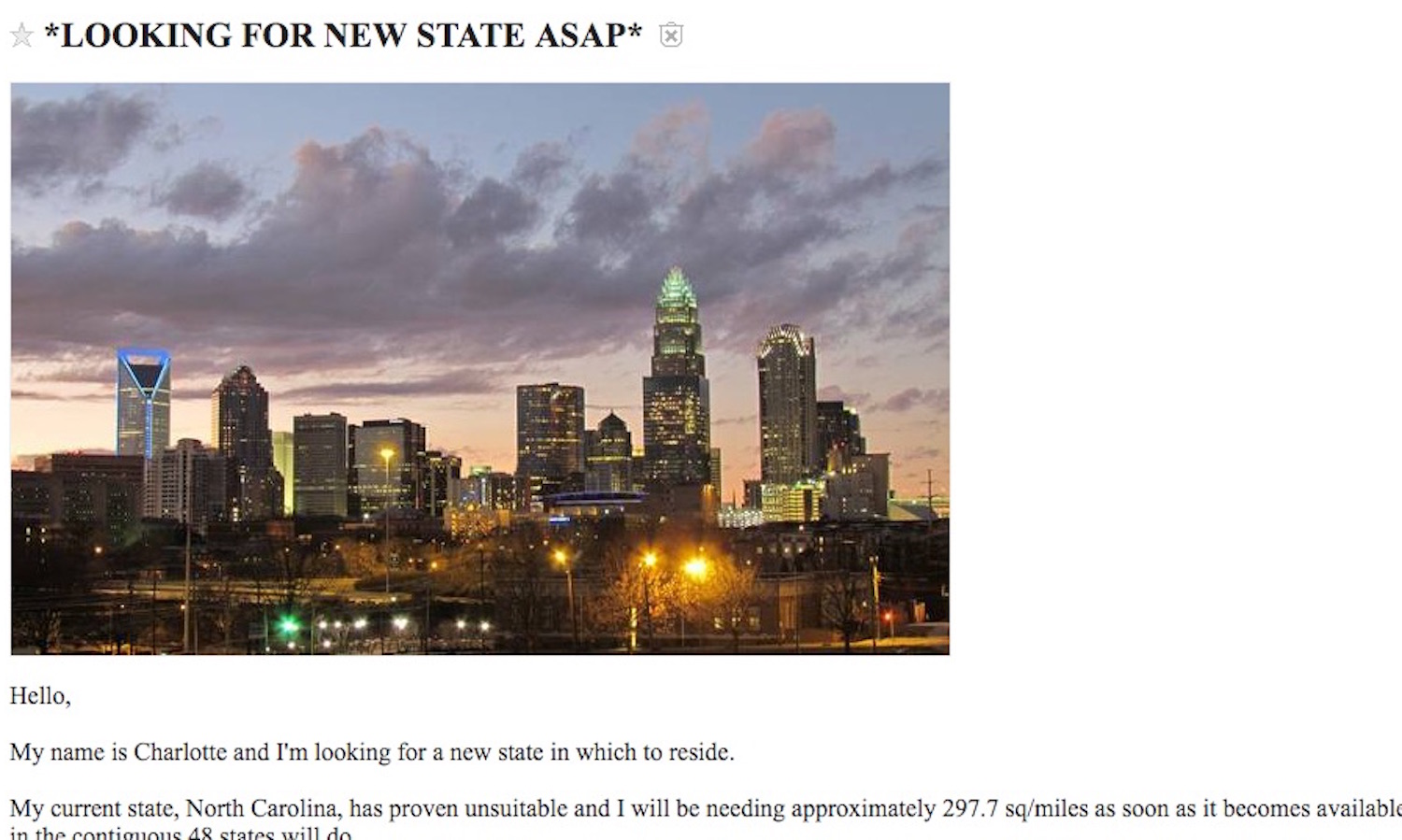Springsteen’s E Street Band wouldn’t play in North Carolina over ‘evil virus’ anti-LGBT law

The guitarist from Bruce Springsteen’s E Street Band has said North Carolina’s anti-LGBT law is like an “evil virus” in explaining why their concert was cancelled for this Sunday.
Last month North Carolina Governor Pat McCrory signed law which voids all local ordinances protecting LGBT rights, as well as permitting businesses to discriminate against LGBT people on the grounds of religious belief.

The new law also bans transgender students in public schools from using their preferred bathroom.
McCrory’s decision has attracted a legal challenge as well as a growing boycott of the state, with over 100 companies slamming the decision.
Steven Van Zandt made the comments to the Associated Press on Friday, after the announcement by Springsteen that the concert in Greensboro, North Carolina would be cancelled on Sunday, after the legislation legalising discrimination against LGBT people was passed last week.
“We always try to find middle ground, and we considered it,” said Van Zandt.
“Should we go there and make a statement from the stage? You consider those things, and then you realise that’s just playing into their hands. That’s not going to hurt enough – you need to hurt them economically,” he went on.
“This sort of thing is spreading like an evil virus around the country… We felt we better stop this, we should try and stop this early, and hopefully other people will rise up and join us.”
Not only did he condemn the law, but Van Zandt said he thought it was anti-American to pass such legislation.
“Whether it’s women, whether it’s gay, transgender, there’s no difference,” he continued.
“It was very important to for us to take a stand early in this before it starts to spread all over the place.”
Those who bought tickets to Sunday’s concert will get a refund.

Charlotte had passed a local law protecting the rights of trans people to use a gender-appropriate bathroom.
But the state law, passed after a special session was called, voided the Charlotte ordinance.

